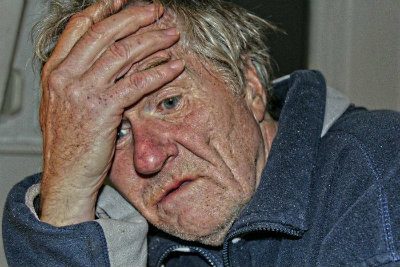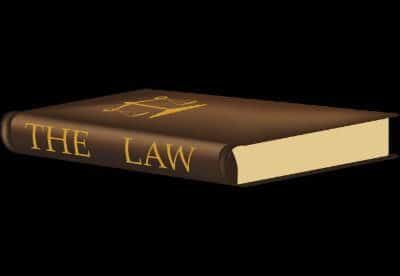The state of New York is the third largest in terms of housing the elderly population of the country, but it unfortunately severely lags behind in both quality care and laws to protect senior citizens 
According to a report released by the inspector general of Medicare's skilled nursing facilities, one in three skilled nursing home patients suffers from medication errors, infections or other dangers. Injuries caused because of negligence are rarely reported and patients don't get the care they deserve - often causing long-term ailments and even death in some cases. This is worrying when you consider the number of elders living in New York nursing homes today.
The elderly and disabled members of the community face the most risk of being abused and exploited because of
their inability to fight for their rights. This is why they need additional protection under the law.
According to Robin Schimminger, Assemblyman of District 140, the financial loss to elderly victims is estimated at approximately $2.9 billion, which is up by 12 percent from 2006. Experts believe that abusers can be caregivers, strangers or even family members.
Elder abuse in nursing homes is a serious problem. Injuries have been caused because of neglect, improper care, and deliberate physical abuse. Like most domestic violence and sexual assault cases, it may be challenging to identify signs of elder abuse because it is typically well hidden. For example, in some cases, if there is no documentation evidence then the abuse goes unknown.
The need to create proper laws for these vulnerable community members is vital, but the state continues to lag behind in providing sufficient legal assistance to victims. While 29 other states have created laws specifically designed to help senior citizens, New York has been sluggish in following suit. For instance, effectively supervising and monitoring nursing home aids through cameras and other monitoring systems doesn't exist in the state's elder care facilities - and without any legal necessity, nursing homes are unlikely to install them either.
The laws and regulations governing New York nursing homes are nowhere near where they should be, but senior citizens and family members must be aware of the existing laws in place to protect themselves from abuse. If you are filing a claim against a particular nursing home or health care aid, you should know the different methods available to you when reporting complaints:
 Department of Health. You will need to fill out a form and submit it online.
Department of Health. You will need to fill out a form and submit it online.Every complaint is sent to a centralized complaint unit and action is expected to be taken as appropriate. The unit typically conducts interviews with patients, loved ones and staff from the nursing home. The unit also reviews documents and records to ascertain whether abuse has taken place or not.
According to existing laws governing New York nursing homes, all facilities must meet federal and state statutes or they risk being fined or completely shut down. While some laws for New York nursing homes are in place to protect elderly patients, the fact remains that they aren't enough when you consider the number of patients abused and the number of cases actually reported. Stricter laws and regulations are vital for improving the quality of nursing homes and elder care in the state of New York.